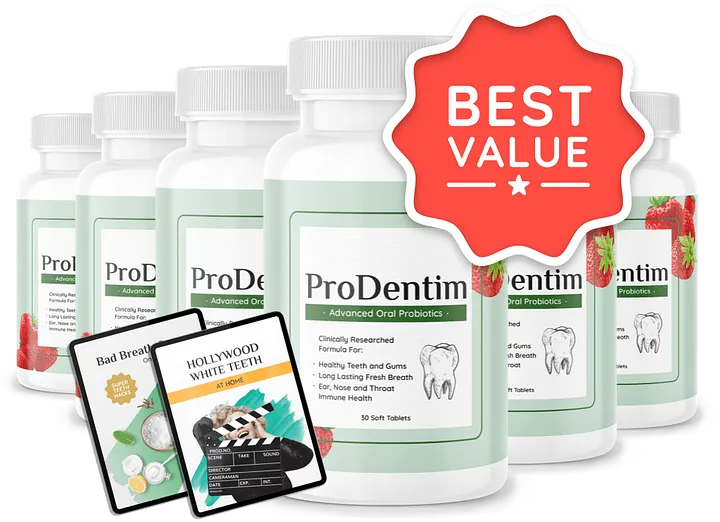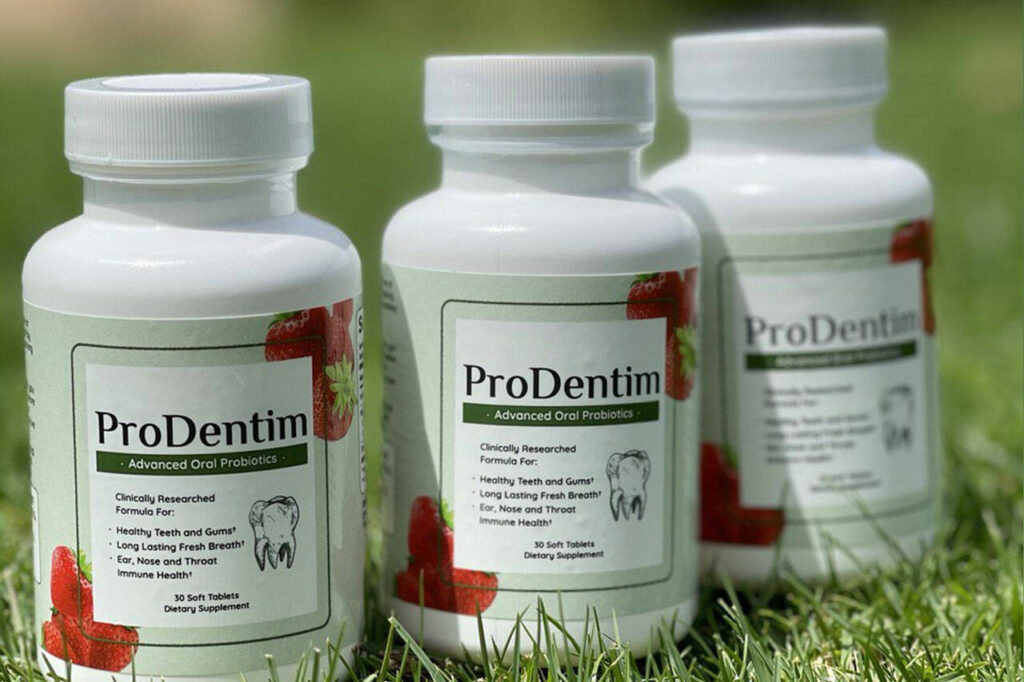Tooth Pain Relief Tips: Effective Solutions to Ease Your Discomfort

Tooth pain can strike unexpectedly, turning even the simplest tasks like eating or talking into uncomfortable experiences. Read more…
Tooth pain often hints at underlying dental issues that may need a dentist’s attention, but some simple remedies can help provide relief in the meantime. In this post, we’ll explore common causes of tooth pain, home remedies, and tips on when to seek professional help.
Understanding the Causes of Tooth Pain
Before diving into relief tips, it’s important to understand what might be causing your tooth pain. Here are some common culprits:
- Tooth Decay: Cavities caused by tooth decay are a major cause of tooth pain. When enamel breaks down, it exposes sensitive nerves, leading to pain.
- Gum Disease: Gum infections and inflammation, such as gingivitis or periodontitis, can lead to throbbing pain around teeth.
- Tooth Abscess: A dental abscess occurs when there’s a pocket of pus in a tooth or gum due to a bacterial infection, often causing severe pain and swelling.
- Teeth Grinding (Bruxism): Grinding or clenching your teeth can lead to tooth pain over time due to the pressure it places on your teeth and jaw.
- Tooth Sensitivity: Sensitivity to hot or cold foods is usually a result of worn enamel or exposed tooth roots, leading to sharp, quick bursts of pain.
Each cause may require a different approach, so let’s explore some effective tooth pain relief tips that can help provide relief, regardless of the reason.
Solutions all of teeth problems
 If you’re struggling with persistent tooth pain, gum issues, or sensitivity, ProDentim may offer an effective, natural solution. ProDentim is a unique oral health supplement that combines probiotics and natural ingredients designed to support healthy teeth and gums. The probiotics in ProDentim promote good bacteria in your mouth, which can help reduce inflammation, fight harmful bacteria, and improve overall oral health. Read in Details…
If you’re struggling with persistent tooth pain, gum issues, or sensitivity, ProDentim may offer an effective, natural solution. ProDentim is a unique oral health supplement that combines probiotics and natural ingredients designed to support healthy teeth and gums. The probiotics in ProDentim promote good bacteria in your mouth, which can help reduce inflammation, fight harmful bacteria, and improve overall oral health. Read in Details…
Go To Official Website | click here…
To get online Prodentim | click here…
Read In Details about Prodentim |click here…
This can be especially beneficial for those dealing with tooth pain caused by infections or gum disease, as ProDentim’s formulation aids in balancing the oral microbiome. With regular use, ProDentim can help alleviate tooth sensitivity, prevent gum disease, and contribute to stronger, healthier teeth.
Tooth Pain Relief Tips You Can Try at Home
Here are some tried-and-true methods for temporary tooth pain relief:
1. Rinse with Warm Salt Water
A warm salt water rinse is one of the oldest and simplest methods to relieve tooth pain. Salt has natural antibacterial properties that can reduce inflammation and kill bacteria. Here’s how to do it:
- Mix half a teaspoon of salt in a glass of warm water.
- Rinse your mouth with the solution for about 30 seconds, focusing on the area of pain.
- Repeat two to three times a day.
This remedy can help to ease pain, reduce swelling, and promote healing.
2. Apply a Cold Compress
A cold compress can help numb the pain and reduce swelling, especially if the tooth pain is due to trauma or an abscess.
- Wrap some ice cubes in a clean cloth or use a store-bought cold pack.
- Hold it against the outside of your cheek, near the affected area, for about 15-20 minutes.
- Repeat as needed every few hours.
This method is particularly useful for swelling as it helps to constrict blood vessels, reducing inflammation.
3. Use Clove Oil
Clove oil contains eugenol, a natural anesthetic and antibacterial agent that has been used for centuries to relieve tooth pain.
- Apply a small amount of clove oil to a cotton ball.
- Place the cotton ball on the painful area of the tooth or gum for relief.
Be cautious with clove oil—it’s potent, so don’t use too much. Alternatively, if you don’t have clove oil, you can chew on a whole clove near the affected area.
4. Garlic Paste
Garlic is another natural remedy with antibacterial properties that can relieve tooth pain and fight infection.
- Crush a clove of garlic to create a paste and apply it to the affected area.
- Leave it on for a few minutes, then rinse your mouth thoroughly.
Garlic may have a strong taste, but its anti-inflammatory and pain-relieving effects are worth it.
5. Hydrogen Peroxide Rinse
Hydrogen peroxide is effective at reducing bacteria in the mouth and may provide some pain relief for minor tooth infections.
- Mix equal parts of 3% hydrogen peroxide and water.
- Swish it around in your mouth for about 30 seconds, then spit it out. Do not swallow the solution.
- Rinse your mouth with plain water afterward.
Using hydrogen peroxide too frequently can irritate the gums, so it’s best to limit this to once or twice a day.
6. Peppermint Tea Bags
Peppermint tea bags contain menthol, which has a cooling effect that may help numb pain and soothe inflamed gums.
- Steep a peppermint tea bag in hot water for a few minutes, then let it cool down until it’s warm.
- Place the warm tea bag on the painful area for temporary relief.
Alternatively, you can place a used, cooled tea bag in the freezer for a few minutes and then apply it to the tooth for a cooling effect.
7. Over-the-Counter Pain Relievers
For more intense tooth pain, over-the-counter pain relievers such as ibuprofen or acetaminophen can be very effective.
- Follow the recommended dosage instructions on the package.
- Avoid placing aspirin directly on the tooth or gums, as it can cause tissue damage.
Pain relievers are generally safe for short-term use but should not be relied on as a long-term solution.
Prevention Tips to Keep Tooth Pain Away
While these remedies can offer temporary relief, the best way to deal with tooth pain is to prevent it altogether. Here are some ways to protect your teeth and reduce the chances of future toothaches:
- Practice Good Oral Hygiene: Brush twice a day with a fluoride toothpaste, floss daily, and use mouthwash to remove bacteria and food particles from your mouth.
- Avoid Sugary and Acidic Foods: Sugar and acid contribute to tooth decay. Try to limit foods and drinks that contain high levels of sugar or acid, like candies, sodas, and citrus fruits.
- Visit Your Dentist Regularly: Routine dental check-ups and cleanings can catch potential issues early, saving you from painful problems down the road.
- Address Teeth Grinding: If you grind your teeth at night, ask your dentist about getting a mouth guard. This can protect your teeth and prevent long-term wear.
- Stay Hydrated: A dry mouth can contribute to bacteria buildup, leading to cavities and gum disease. Drinking water throughout the day can help wash away food particles and bacteria.
When to See a Dentist for Tooth Pain
If your tooth pain persists for more than a couple of days, it’s best to seek professional help. Tooth pain that’s severe, accompanied by swelling, fever, or trouble breathing, could indicate a serious infection or abscess. A dentist can properly diagnose the issue and may provide more targeted treatments such as fillings, root canals, or antibiotics.
Final Thoughts
Tooth pain can be extremely uncomfortable, but these tips offer some effective ways to find relief at home. Remember, these remedies are only temporary solutions. Consistent dental care, preventive measures, and professional guidance are the most reliable ways to keep your teeth healthy and pain-free. If your tooth pain doesn’t improve or worsens, don’t delay—schedule an appointment with your dentist to get to the root of the problem.


